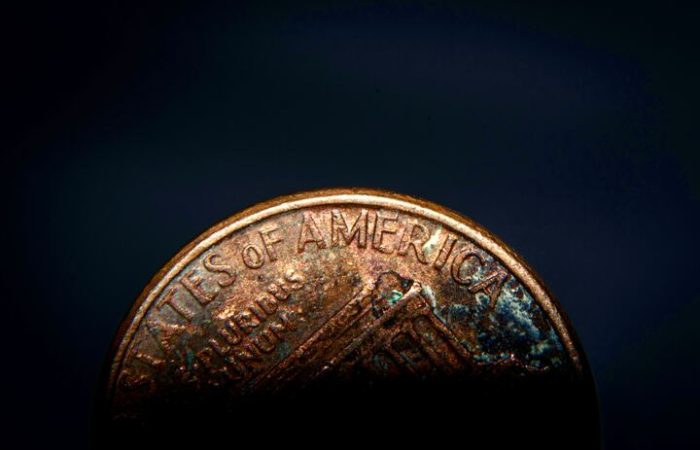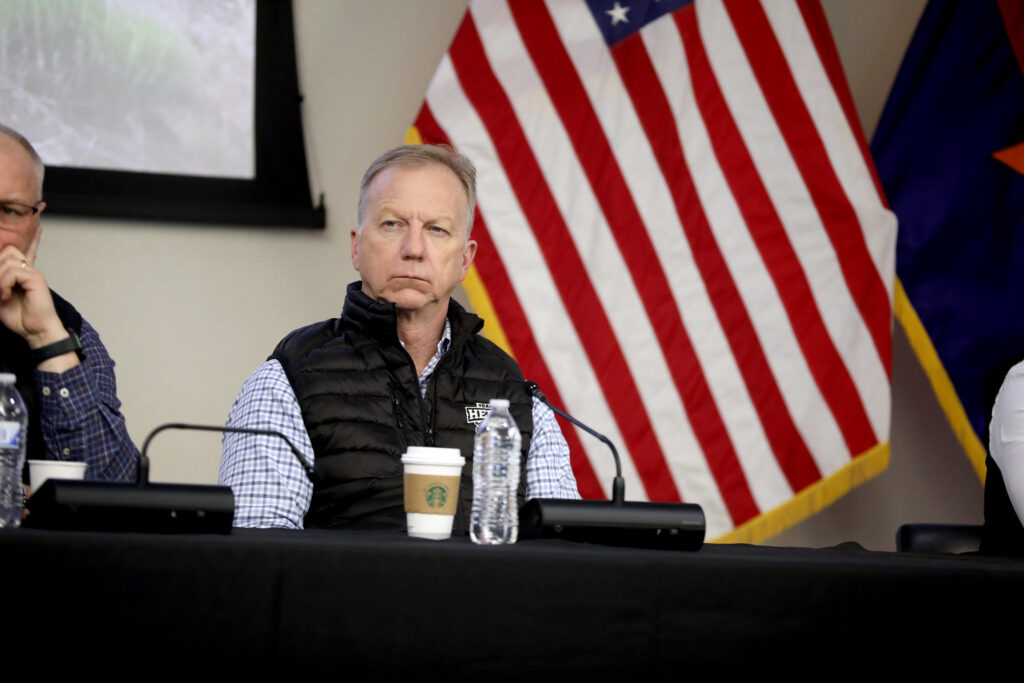The U.S. Federal Open Market Committee (‘the Fed’) has maintained a high target range of its policy rate between 5.25% and 5.5% to combat inflation since the Covid-19 pandemic. However, the unsatisfying employment report and increase of expense of goods and services have markedly concerned U.S. consumers and businesses. The reported majority have predicted that the Fed will cut interest rates at the year’s end, but the outcomes of such a decision would bring several issues into the light. For one, the Employment Situation Summary released by the U.S. Bureau of Labor Statistics shows an overall increase of 0.7 degrees in unemployment from July 2023 to July 2024, within which farming, fishing, and forestry occupations pose the largest increase of 6.4 degrees. And, instead of bearing the risks of bank failures, lower interest rates would speed inflation and potentially undermine economic growth. If the decision to cut policy rates is to be made this year, this should be the right time to think about consequences and changes to make.
The Trump and Biden administrations have been continuously imposing billions of tariffs on imports from China, especially under Section 301, primarily collecting from machinery, electrical goods and metal products. It was said in a White House briefing in May 2024 that the tariff rates on electric vehicles would be increased from 25% to 100% in 2024, with batteries, semiconductors and other products all receiving a certain amount of increases. Such strategic action—albeit being effective in countering suspected unfair trade practices conducted by China regarding technology transfer, intellectual property, and innovation as well as improving the U.S. trade deficit—contributes to higher household taxes, lower employment rates, and persistent inflation of the past few years. The underlying explanation is agreed upon by many experts and researchers: having high tariffs on foreign products, especially Chinese imports, casts a negative impact on the U.S. economy in the long run.
According to a FT-Michigan Ross poll, increases in price financially upsets U.S. voters the most, significantly more than income, medication or any other factors. It is apparent how the U.S.-China trade war that began under the Trump administration and high tariffs have pressured the normal American consumers and households, whereas many reports have false explanations and confidence of a healthy, growing economy. That considering, if the Fed rate were to be kept at nearly 5%, and if prices of domestic goods remained high, it would be unlikely for consumers to maintain a high spending level to take their part in supporting economic growth. This is unsustainable. Alternatively, if the Federal Reserve indeed cuts the interest rate at the year’s end, inflation will be stimulated to a higher point, while the still high unemployment rate and hanging prices will still be left to be dealt with.
In order to combat transitory inflation, one can expect the Fed to adjust interest rates again to save banks from dropping portfolios and help investors and businesses expand, as it has done repeatedly in the past However, the dynamics found in the U.S. economy are very complex, and more solutions should be considered to save the U.S. economy from being trapped in its own structure.
By renegotiating the tariffs on Chinese exports and making adjustments to reasonable amounts, it opens a door to ease inflation and alleviate the pressure on the domestic cost of living. Granted that the use of tariffs stays important in ensuring fair trade practices with other countries—even amidst signs of higher inflation, lower employment and weakened global competitiveness of the U.S. economy—broadly increasing the tariffs and utilizing the amounts to generate revenue will “increase inflation and invite deep economic distortions.” As a result, it will largely burden households of middle-income to low-income wages, limit the total productivity, and thus worsen the economy. It has also been acknowledged by scholars and even the White House that large-scale tariffs are of greater harm to sustainable economic development than generating revenues and benefiting holistic trade.
But both the U.S. and China may be influenced or misled by ‘survivorship bias.’ For instance, China’s electric vehicle and solar industries have grown to become world leaders despite barriers to growth, which may lead China to believe that sanctions are ineffective, while ignoring the decline in exports of many other goods. The U.S. might see the drop in imports from China as proof that sanctions are working, but it overlooks the fact that its own exports to China have also been forced to decrease, along with the need to bear higher import and consumption costs.
Re-examining U.S.-China relations onwards with this potential issue in mind, one might find that bilateral cooperation is needed on many facets. Former President Trump recently stated that he plans to increase natural gas exports to China if he returns to office in November 2024. U.S.-China relations have reached a point of high complexity and turbulence, where economic and trade relations are influenced by multiple factors. The U.S. needs China’s cooperation in several areas, and vice versa. This is especially true in matters related to geopolitics (issues with Russia, North Korea, Iran, etc.), the environment, counterterrorism and drug issues, as well as the entangled nature of trade itself (supply chains, distribution networks, international rule-making, markets, etc.). A reasonable prediction is the U.S. can only pursue selective, gradual, and wavy decoupling with China.
Whether or not a soft landing can be achieved, given the political uncertainty and economic challenges ahead, continuingly imposing higher tariffs that do not promote fairer trade and bilateral relations might not be the smartest move for the U.S., especially as it evidently does not function as a major and sustainable source of domestic revenue. The probability of a U.S. recession requires further assessment, whereas these widely-imposed tariffs, such as those against China, are one of the outstanding obstacles toward stabilizing the U.S. economy and should be seriously reconsidered.




